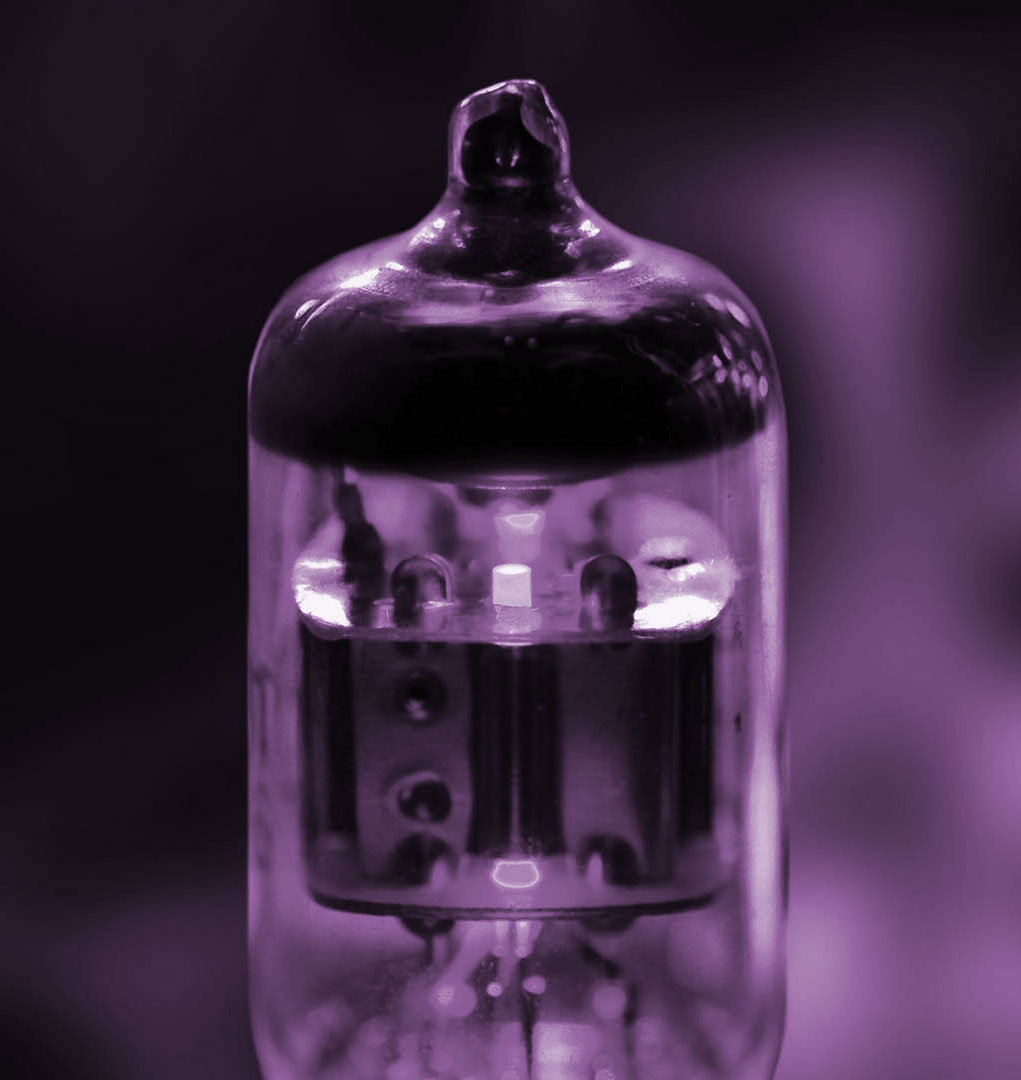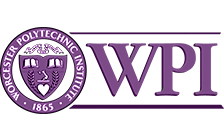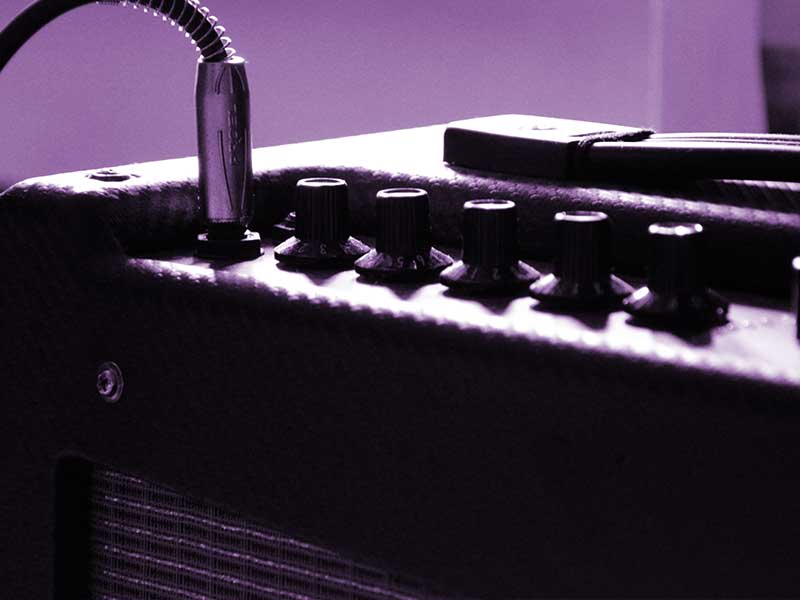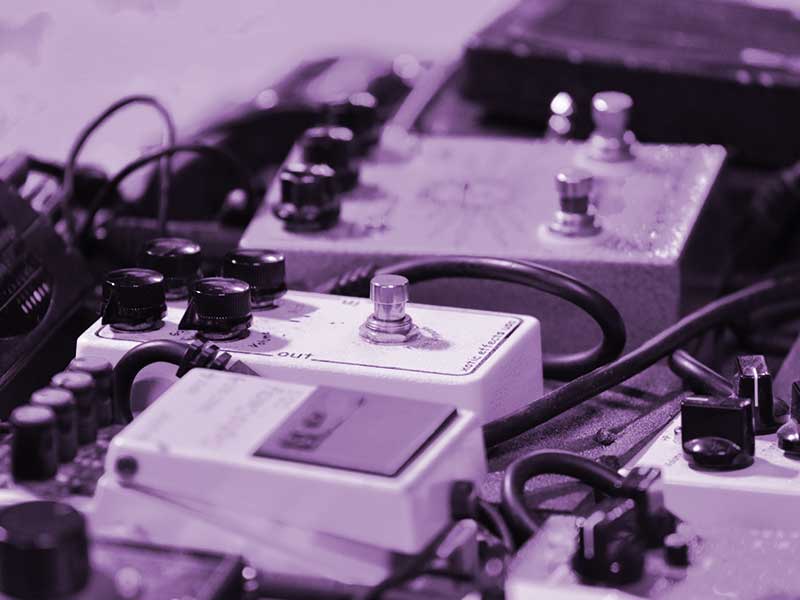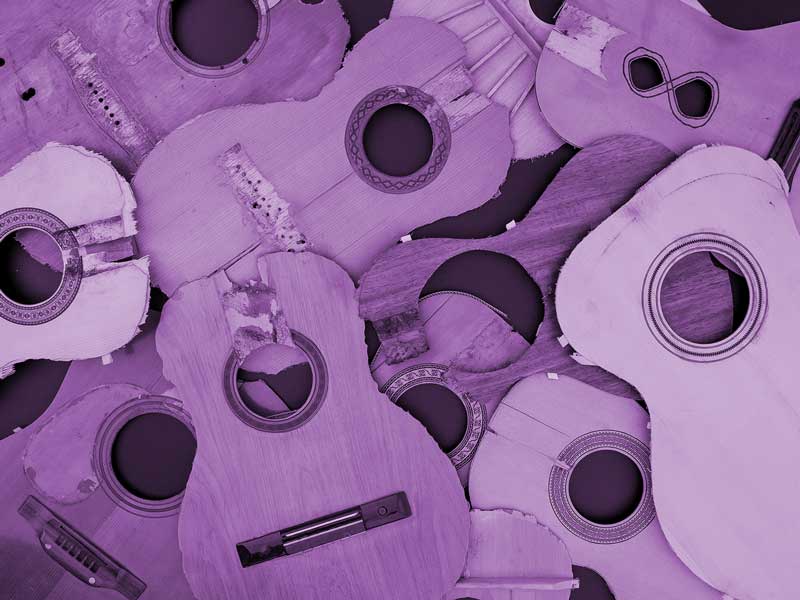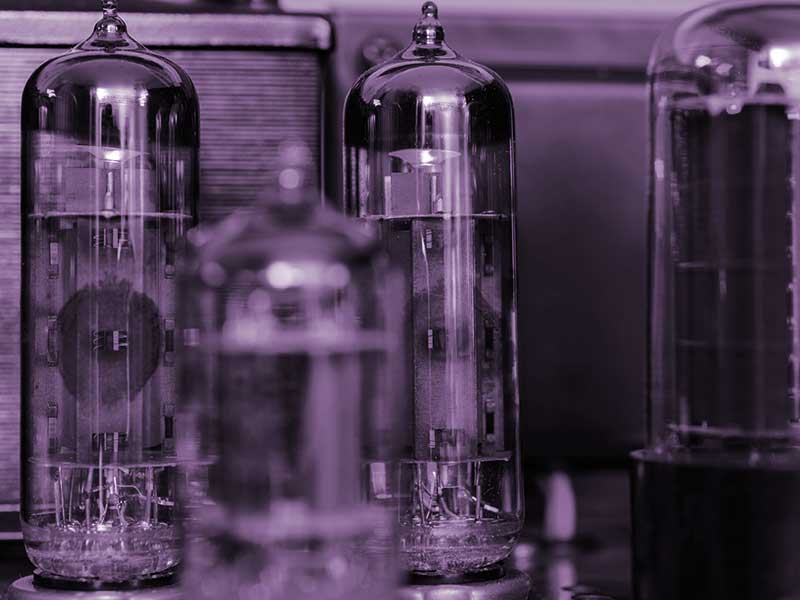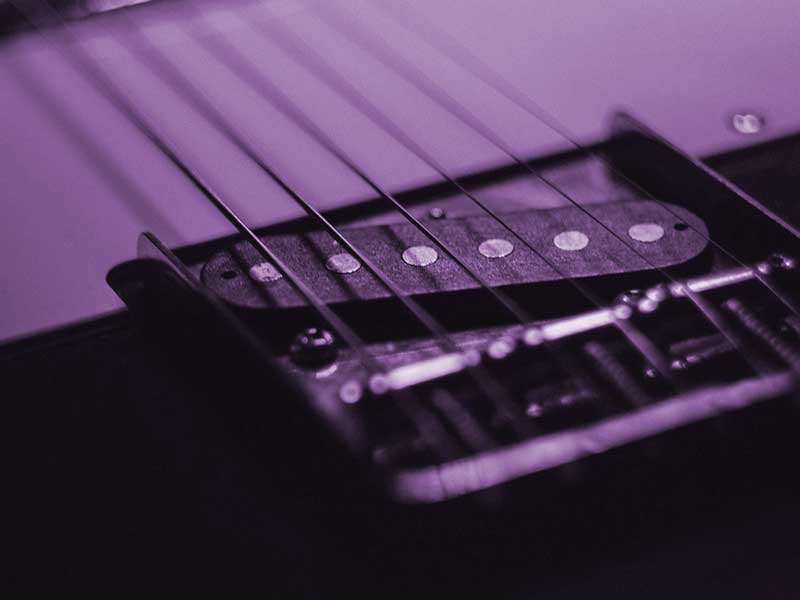The Electric Guitar Innovation Lab and our Goals
1. Overview
As part of the societal good of this lab, we are committed to contributing to the shared knowledge of guitar-related information through scholarship and education. While much of our work is done with the students at our university, we ultimately seek to share information openly through public workshops and events, open-access websites (including this one) and publications, and more. While we explore new areas of innovation, we are also committed to showcasing and honoring the work of people who have committed their lives to guitar-related disciplines; in our course curricula, we routinely point to the work of these individuals, and, if possible, look for ways to involve students in their work. In other cases, like our Les Paul-inspired Re-creations and Adaptations, we create unique project-based learning programs to show students what it means for ordinary human beings to spend their lives exploring guitar innovation fearlessly and passionately!
Through the EGIL, undergraduate and graduate students have a unique opportunity to work alongside the PI in a variety of interdisciplinary and open-ended projects related to the development of new innovations and adaptations related to the electric guitar. The projects explored through the lab originate from real-world issues and obstacles guitarists face on stage and in the studio.
2. Structure and Vision
The figure below depicts the structure of work conducted through the lab in two broad categories of Scholarship and Education. This structure and the associated goals are described herein.
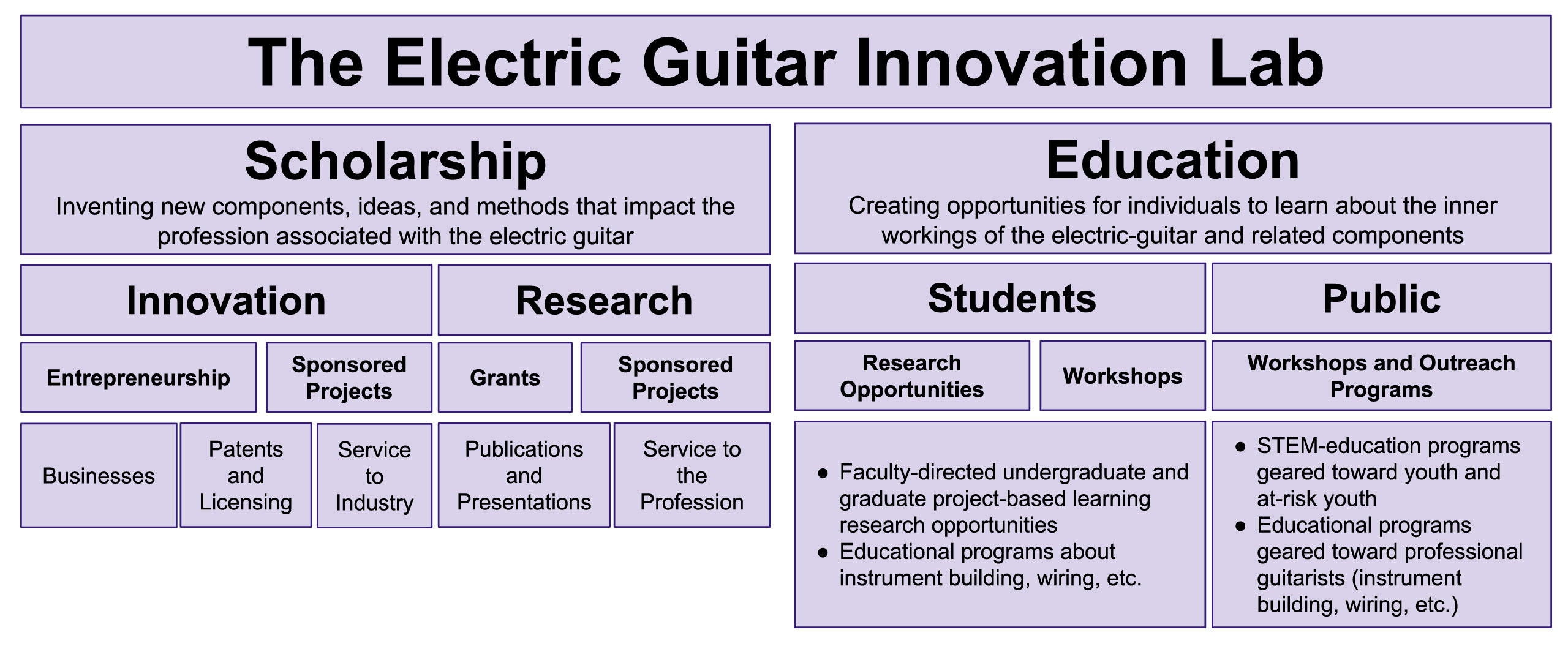
3. Scholarship
Our scholarship is evidenced through peer-reviewed publications as well as research in service to the profession and industry. This section describes some of the areas of the EGIL exploration under two main areas of Innovation and Research, both of which include subsections describing more specific aspects of our scholarship by citing specific examples. Though this lab officially began in 2018, a few key projects under the advisement of the PI were conducted in prior years in order to assess the viability of such a lab at WPI.
3A. Innovation
The EGIL conducts research in areas related to electric guitar performance and composition originating from and under the direction of the PI. The innovations that result include the creation and modification of electric guitars and components, effects processors and components, amplification systems and components, and additional devices that contribute to performance and composition. Inherent through these innovation processes are opportunities for project-based research opportunities under the advisement and direction of the PI as well as sponsored-project opportunities from industry professionals.
3A1. Entrepreneurship
These innovations may have the potential to appeal to musicians and industries small and large.
3A2. Sponsored Projects
While most areas of research explored originate from the PI, the PI may solicit ideas from musicians and industries to sponsor research projects that have overlapping areas of interest. Examples of this include collaborations with professionals like Ken Parker and Ned Steinberger who have collaborated with our lab on unique projects. Examples of this include collaborations with professionals musicians like Michael Eisenstein from the band Letters to Cleo who worked with us to develop a unique expression-controlled solution for live performance.
3A.01. Businesses
The EGIL explores ways to support business, especially small businesses, within the musical instruments profession. Our Amplified Insights project is an example of research that helps facilitate an understanding of the needs of musicians.
3A.02. Patents and Licensing
The potential exists for innovations to be patented and licensed to industry. Our T4RS patent is an example of this.
3A.03. Service to Industry
The infrastructure and cross-disciplinary collaborations at WPI make it an ideal home for a lab like the EGIL. Music industry professionals including instrument-makers, effects designers, and other manufacturers are potential collaborators for sponsored research opportunities at WPI through the EGIL. Examples of this include collaborations with professionals like Ken Parker and Ned Steinberger who have collaborated with our lab on unique projects.
3B. Research
Our team of researchers, musicians, and students (Lab RATs and ARAs) develop and implement new technologies and approaches to facilitate music composition, performance, and education with both musicians and non-musicians. Our FX Development Platform is an example of this.
3B1. Grants
Grants help support our exploratory research. Our lab has been awarded numerous grants to support our research including the Les Paul Foundation and the Martin Guitar Foundation .
3B2. Sponsored Projects
There are private organizations, individuals, and small industries that may have interest in sponsoring research in electric guitar innovation in and of itself. These organizations could be potential sponsors of research projects where the problems related to electric guitar composition and performance are open-ended and even social.
3B.01. Publications and Presentations
The deliverable for much research in the EGIL is two-fold: the creation of new inventions and the dissemination of information. While the former is typically delivered through innovation and entrepreneurship outlets, the latter has been the embraced by the PI through peer-reviewed publications and invited presentations and lectures at universities and conferences. This journal article and this and this guest lecture are examples of how our research is disseminated to other scholars, students, and professionals.
3B.02. Service to the Profession
The EGIL, when considered as part of WPI’s larger infrastructure, can serve as a knowledge-base for professional musicians. Examples of this include our Amplified Insights project, our Fretology guitar conservation project, and the unique showcase at our FX Hackathon.
4. Education
As a component of WPI, the EGIL not only represents an avenue for scholarly output, but also an opportunity for students to participate in hands-on project-based learning opportunities under the direction and advisement of the PI. Examples of this include participation in the RATLab, student-focused presentations, and hands-on workshops for students like the pedal repair station at the FX Hackathon.
4A. The EGIL at WPI
WPI students share a large interest in electrical engineering, mechanical engineering, robotics, and computer science in addition to the PIs area of music technology. Many WPI students possess unique interdisciplinary interests, especially in terms of the engineering mindsets and their musical pursuits. In the years leading up to the official formation of the EGIL, the PI solicited the WPI undergraduate student body for individuals interested in working on electric guitar-related projects; the solicitation was met with an overwhelmingly positive response.
4A1. Research Opportunities
As the lab grows and begins to garner support from sponsors, industry, and private donors, there will be additional opportunities for research; this research can create unique opportunities for undergraduate and graduate student learning. Currently, students have volunteered their time to work alongside the PI on projects including projects tied to industry-related research. As an example, frequent cross-disciplinary projects take place in our lab drawing from chemical engineering, mechanical engineering, electrical engineering, biomedical engineering, computer science, and more.
4A2. Internal Workshops for Students
As an outgrowth of the interest in electric guitar-related research, the EGIL hosts special workshops for WPI undergraduate students, where students learn specific aspects of guitar-building, electronics-wiring, effects-building and more.
4B. Public Classes and Lectures
The EGIL presents a unique opportunity for musicians of varying levels and experiences to learn about concepts related to the electric guitar. As the lab grows, these opportunities may include special workshops, certification programs, camps, maker-space collaborations, and other educational opportunities. Our public guest lectures with Ken Parker and Rachel Rosenkrantz are examples of this.
4B1. Public Workshops and Events
As the lab continues to grow, public workshops related to general interest topics may be a viable way of engaging with practitioners in the music profession. Specifically, workshops related to instrument building, electronics-wiring, effect manufacturing, and amplifier modification may have broad appeal to active performing musicians who are unfamiliar with these concepts in any formal sense. Such programs could be self-sustaining and present an opportunity for the lab to expand and hire staff to continue to further its efforts. Our FX Hackathon is an example of this.
4B2. Outreach Programs
As previously described in the Grants section, the EGIL also lends itself to be involved in outreach programs where the electric guitar can be used as a means of conveying some other information including STEM-content knowledge, problem-solving skills, middle-skills job preparation, and preparation for the skills of tomorrow through hands-on, project-based learning programs. Our music technology summer camp for kids is an example of this.
